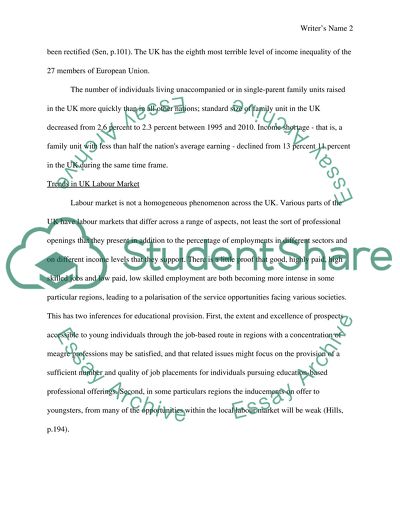Cite this document
(“Economics Essay Example | Topics and Well Written Essays - 1500 words - 6”, n.d.)
Retrieved from https://studentshare.org/environmental-studies/1420167-economics
Retrieved from https://studentshare.org/environmental-studies/1420167-economics
(Economics Essay Example | Topics and Well Written Essays - 1500 Words - 6)
https://studentshare.org/environmental-studies/1420167-economics.
https://studentshare.org/environmental-studies/1420167-economics.
“Economics Essay Example | Topics and Well Written Essays - 1500 Words - 6”, n.d. https://studentshare.org/environmental-studies/1420167-economics.


